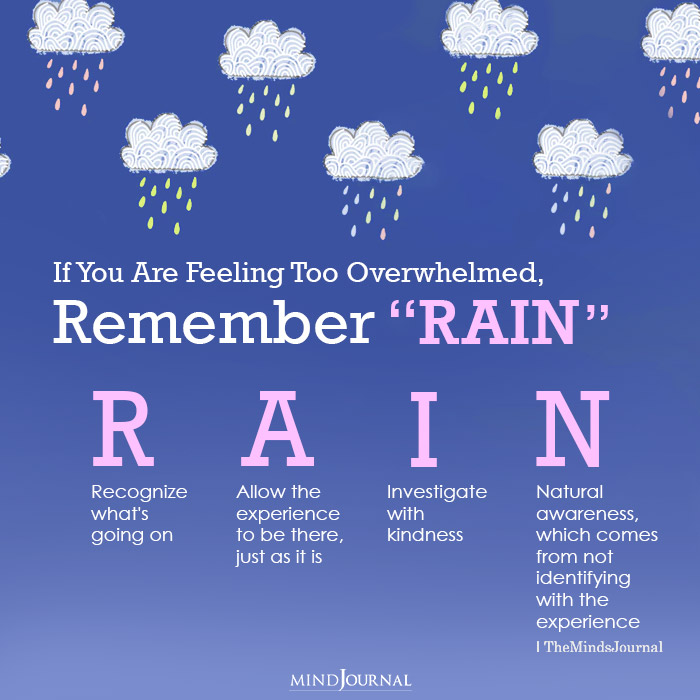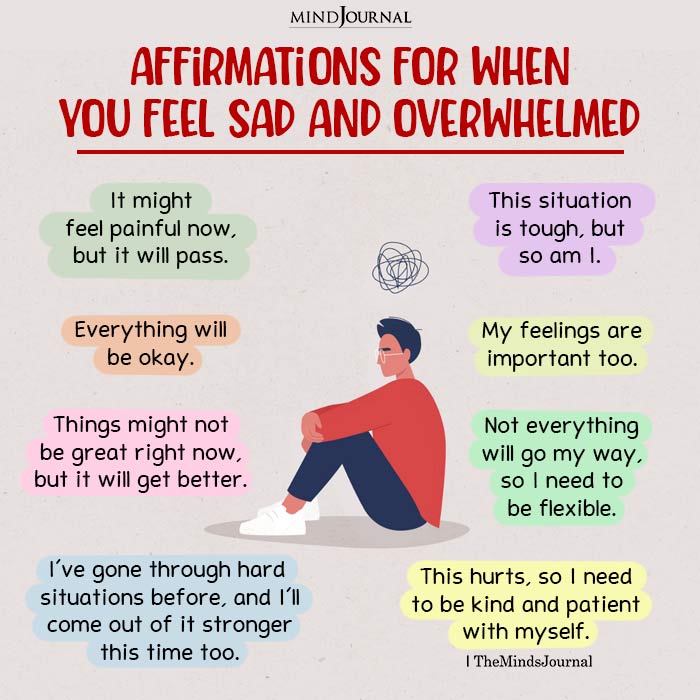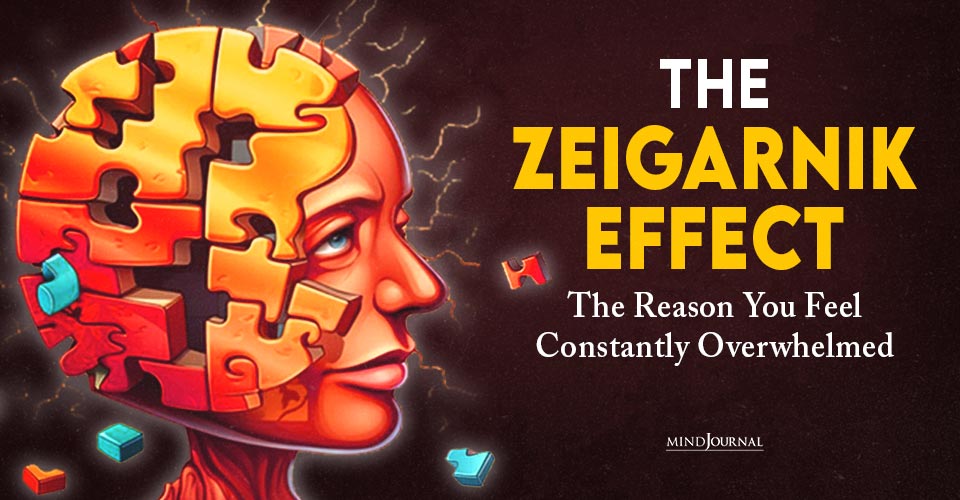Ever wonder why your to-do list seems to weigh you down, even when you haven’t touched it in hours? That’s the Zeigarnik effect in play! It’s the sneaky reason you can’t stop thinking about unfinished tasks and feel constantly overwhelmed. But don’t worry, we will discuss how to overcome Zeigarnik effect.
You know how having too many open Chrome tabs bogs your computer down?
The same happens to your brain.
Unfinished tasks keep “running” in the background.
It’s called the Zeigarnik Effect.
Here’s how it works and what to do about it…
Related: How To Deal With Feeling Overwhelmed With Tasks
Quick History of the Zeigarnik Effect
The Zeigarnik Effect is named after Dr. Bluma Zeigarnik.
While sitting in a busy restaurant in Vienna, she noticed the servers had better memories of unpaid orders vs. paid ones.
Once the customers paid, the servers struggled to remember the exact details of the orders.
But why?
Because our brains are wired to remember unfinished tasks better than completed ones.
Like a to-do list, once we finish a task, our brain checks it off to free up mental bandwidth.
But this also means that, the more unfinished tasks we have, the more resources our brain dedicates to keeping track of them.

Examples of the Zeigarnik Effect
The Zeigarnik Effect is why storytellers use cliffhangers. We keep reading/watching to find out what happens next because our brains are driven to seek closure. Once resolved, we can forget and move on. Until then, we lean in with rapt attention.
The Zeigarnik Effect is why we suck at “multi-tasking.” What most people call “multi-tasking” is actually what psychologists call “task-switching.” True multitasking is known as parallel processing—where you simultaneously do multiple things at the exact same time.
The reason what most people call multi-tasking isn’t true parallel processing is because we rapidly switch our attention between different tasks.
For example, you can’t simultaneously check emails and do deep work—you rapidly switch between reading and replying to a few emails, then switch back to working on your “main” task for the day.
Because when we’re doing something and get interrupted, our brain keeps that “tab” open—draining our CPU.
The Zeigarnik Effect is one reason perfectionists struggle with anxiety. They obsess over details and having unrealistic expectations. Aka, they drown in unfinished tasks. So the Zeigarnik Effect keeps their brains bogged down, poorly focused, and stressed out. They can’t let things go.
The Zeigarnik Effect is one reason we struggle to fall asleep. For many of us, bedtime is the one time we’re not surrounded with distractions. So our brain goes into overdrive refreshing and resurfacing all the tabs we’ve kept open throughout the day.
So what can you do about the Zeigarnik Effect to stop feeling overwhelmed?
Related: 6 Action Steps To Take When You Begin Feeling Overwhelmed
Strategies to Overcome the Zeigarnik Effect
Here are three simple strategies that help me overcome the Zeigarnik Effect:
1. Ditch the To-Do List
Switch from a to-do list to a Needle Movers List.
To-do lists are never-ending. Like fighting a hydra, for every task you complete, two sprout in its place.
A Needle Mover list only has the 1-3 highest ROI tasks for the day. Way easier to remember, track, and complete.
I write mine out on a post-it note on my desk because I can’t fit much more than a few things on it. Plus, it’s satisfying to crumple it up and throw it away once I finish them.
2. Give Yourself Permission to Forget
Build what Tiago Forte calls a “Second Brain,” which is somewhere you can save information to come back to later.
A second brain can be a notebook, a program like Notion (which is what I use), or anything else that works for you. Check out Tiago’s book, Building a Second Brain (aff) to learn more about how to develop your own system.
The more tasks and information you can offload, the fewer your brain will have to constantly monitor.
You don’t build a Second Brain to remember.
You build it so you can forget.

3. Stop Overcomplicating Everything
The more complex something is, the more moving parts you have to keep track of.
So the simpler you can make a task, the less it’ll take up your mental bandwidth.
A simple question to ask to help you stop overcomplicating everything is, “What is my actual goal here?” Then only focus on tasks related to that.
Final Thoughts on the Zeigarnik Effect
The Zeigarnik Effect unintentionally forces our brain to dedicate more memory and attention to unfinished tasks.
So if you want to improve your focus and free up your memory, minimize and offload unfinished tasks.
Related: 15 Effective Reminders For Anxiety That Will Help Comfort You
That way, you can stop bogging your brain down with remembering unfinished tasks and use it for what it’s best at:
Being creative, solving problems, and understanding complex ideas.
Unlock the Psychology of Success Masterclass (for FREE) to access proven strategies that have helped thousands of entrepreneurs, founders, and leaders all over the world succeed in life and business.
As a bonus, you’ll also get the Creator Alchemy newsletter, where you’ll get deep dives into the psychology of success delivered straight to your inbox each week. Sign up at https://coreywilkspsyd.com/
Written By Corey Wilks
Originally Appeared On Corey Wilks Psy.D.










Leave a Reply